Sealing with Laboratory Stoppers: The Key to Safe Work
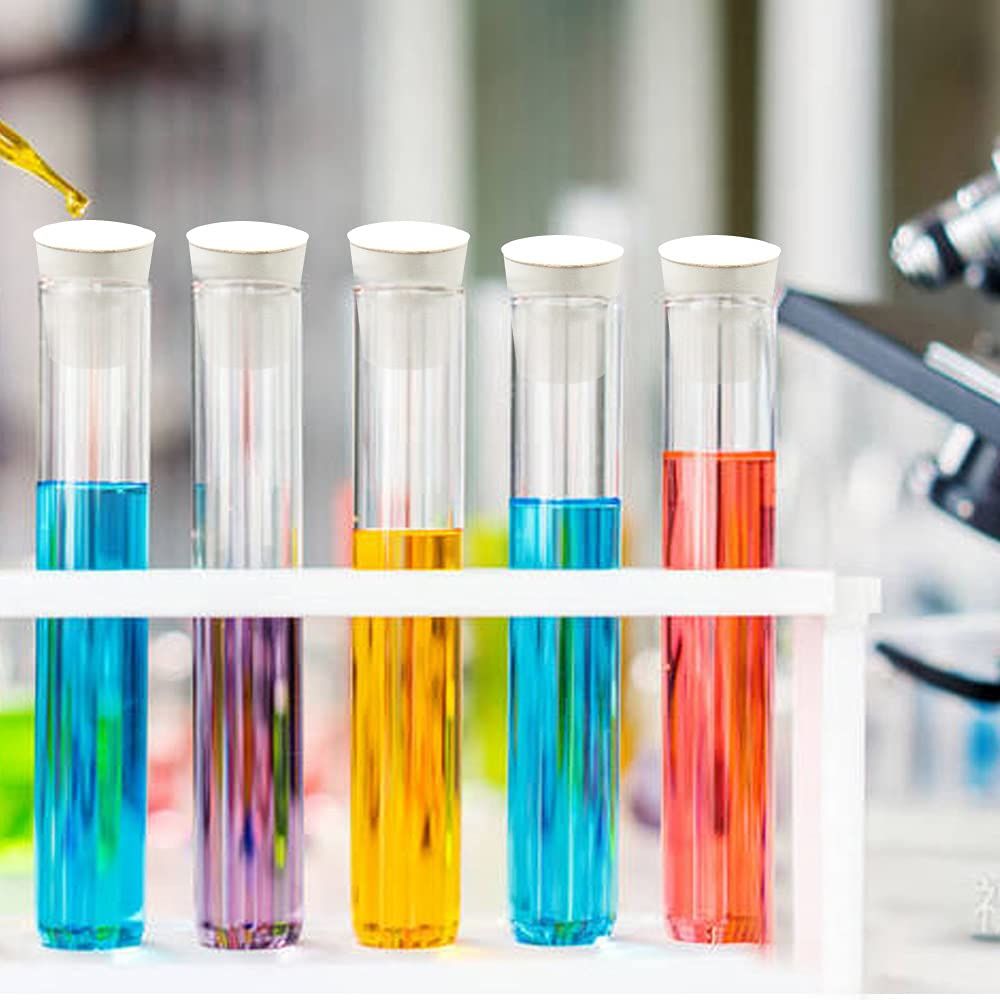
Stoppers are an essential component for maintaining the integrity and safety of laboratory equipment. These small yet vital elements play a significant role in sealing and securing various laboratory containers, ensuring the stability of samples and reagents.
Laboratory stoppers differ from consumer stoppers in terms of size variety and potential resistance to application hazards. We have a range of types and sizes available in rubber, silicone, glass, and plastic. Green neoprene stoppers are preferred for chemical resistance, while red and white silicone stoppers are ideal for high-temperature applications.
The earliest known stoppers were made from straw, leather, clay, or wood, dating back to 1500 BC or even 3500 years ago! Fast forward to 1825, when Henry W. Putnam was born. At 34, he patented a wire mechanism for holding a cork in a bottle, entering the glass industry. Putnam’s story is linked to Charles de Quillfeldt and Karl Hutter, both innovators and manufacturers of glassware and stoppers. These stoppers and similar ones are still in use today.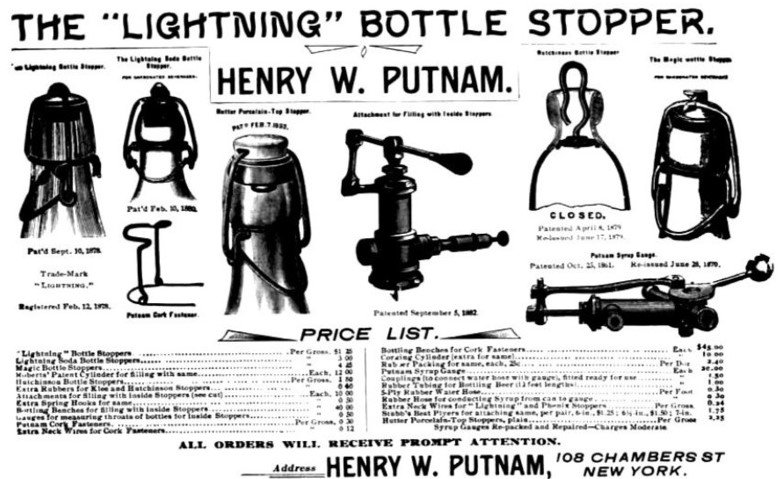
This category includes various stoppers designed for specific needs.
Rubber Stopper: The key features that make rubber suitable for laboratory stoppers are its elasticity, chemical resistance, and airtightness. Its flexibility ensures a tight seal against the inner surface of glassware. Known for its elasticity and durability, rubber stoppers are excellent for general use in bottles and test tubes. Its chemical resistance makes it safe for use with many corrosive and other reactive compounds, while airtightness helps prevent liquid and gas escape. Available in all sizes, both with and without holes.

Silicone Stopper: Acting as a vacuum-tight seal in the lab, silicone stoppers are chemically inert, making them compatible even with corrosive solvents. The material is also characteristically resistant to extreme temperatures, preventing cracking during heating procedures. Silicone stoppers have a conical base to fit various containers and are particularly useful due to their inert structure and resistance to most chemical acids and solvents.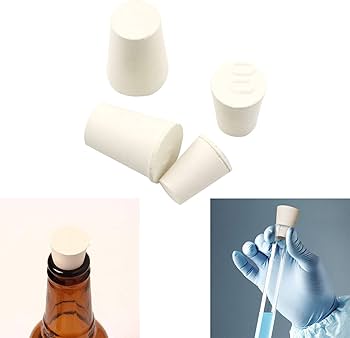
![]()
Plastic Stopper: The most preferred product for simple applications due to its low cost. Made from polypropylene, this stopper guarantees airtightness for bottles and tubes. Available in all sizes with different thread measurements.

Glass Stopper: Also known as frosted glass, this stopper is produced in various sizes compliant with DIN 12252 standards from borosilicate glass 3.3. Its hexagonal cap structure prevents rolling on the table and minimizes breakage risk. The rounded tip design ensures airtightness.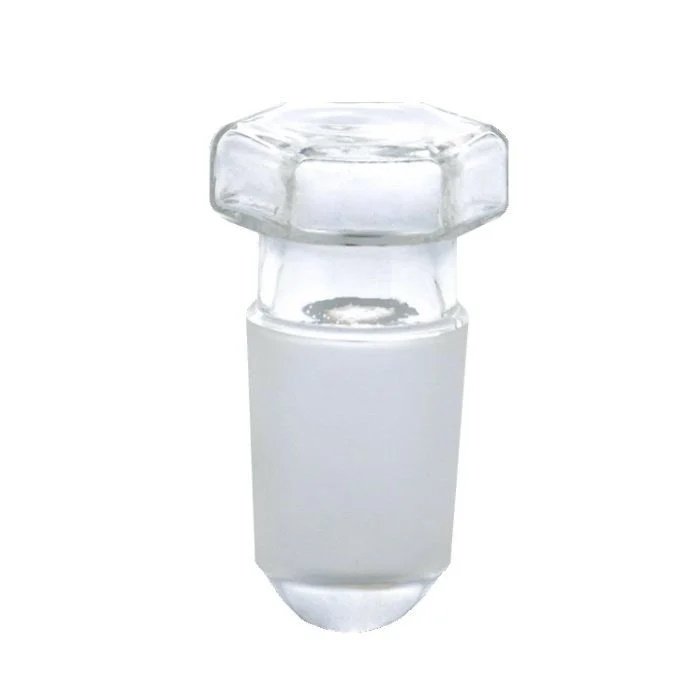
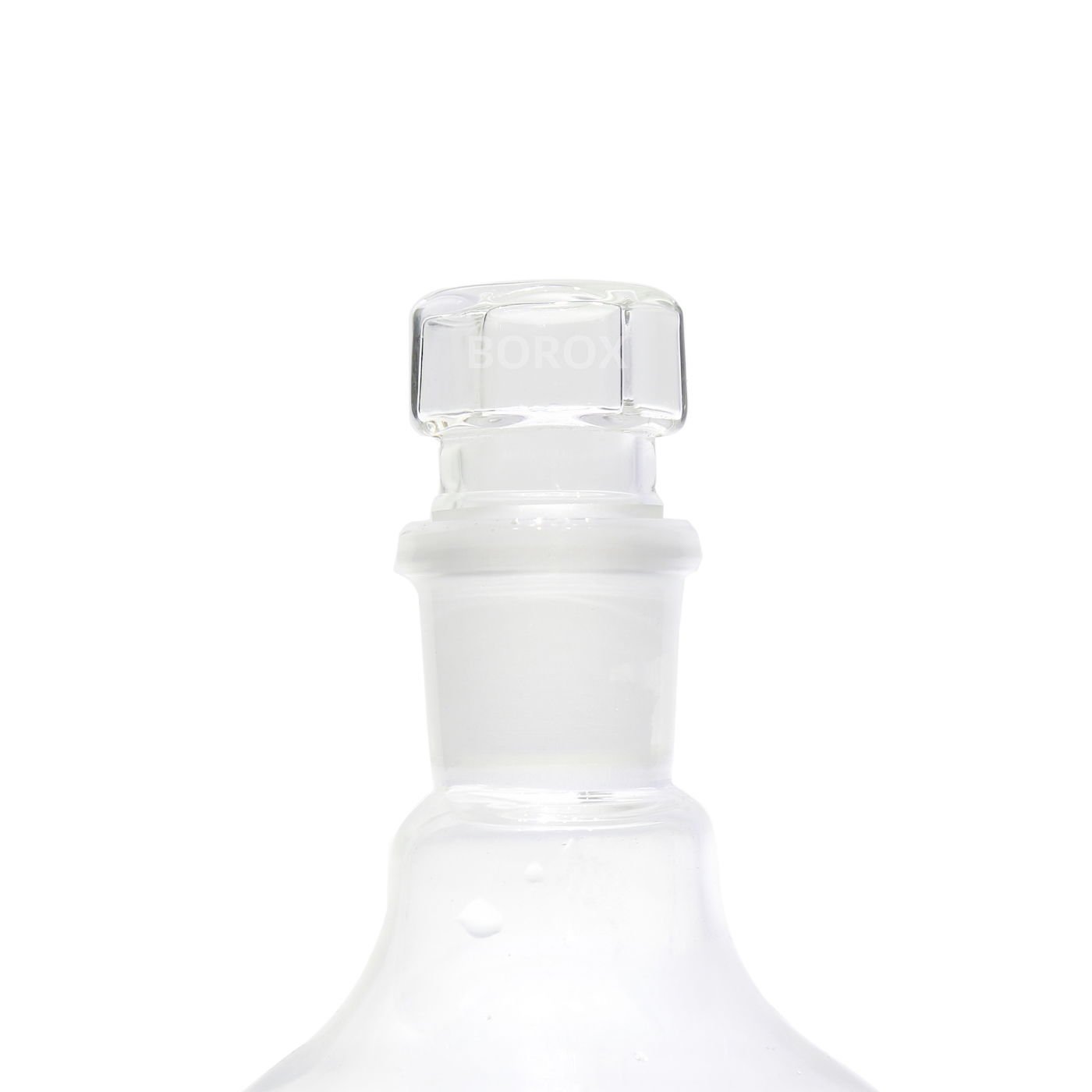
From simple rubber types to specialized butyl stoppers and glass stoppers, laboratory stoppers are indispensable for ensuring the safety and accuracy of laboratory work. Their effective sealing and protective capabilities make them essential in any laboratory environment.
Borox offers a wide range of laboratory stoppers in various styles with the best quality and competitive pricing. Visit our website for silicone stoppers, holey rubber stoppers, polypropylene stoppers, and more.
